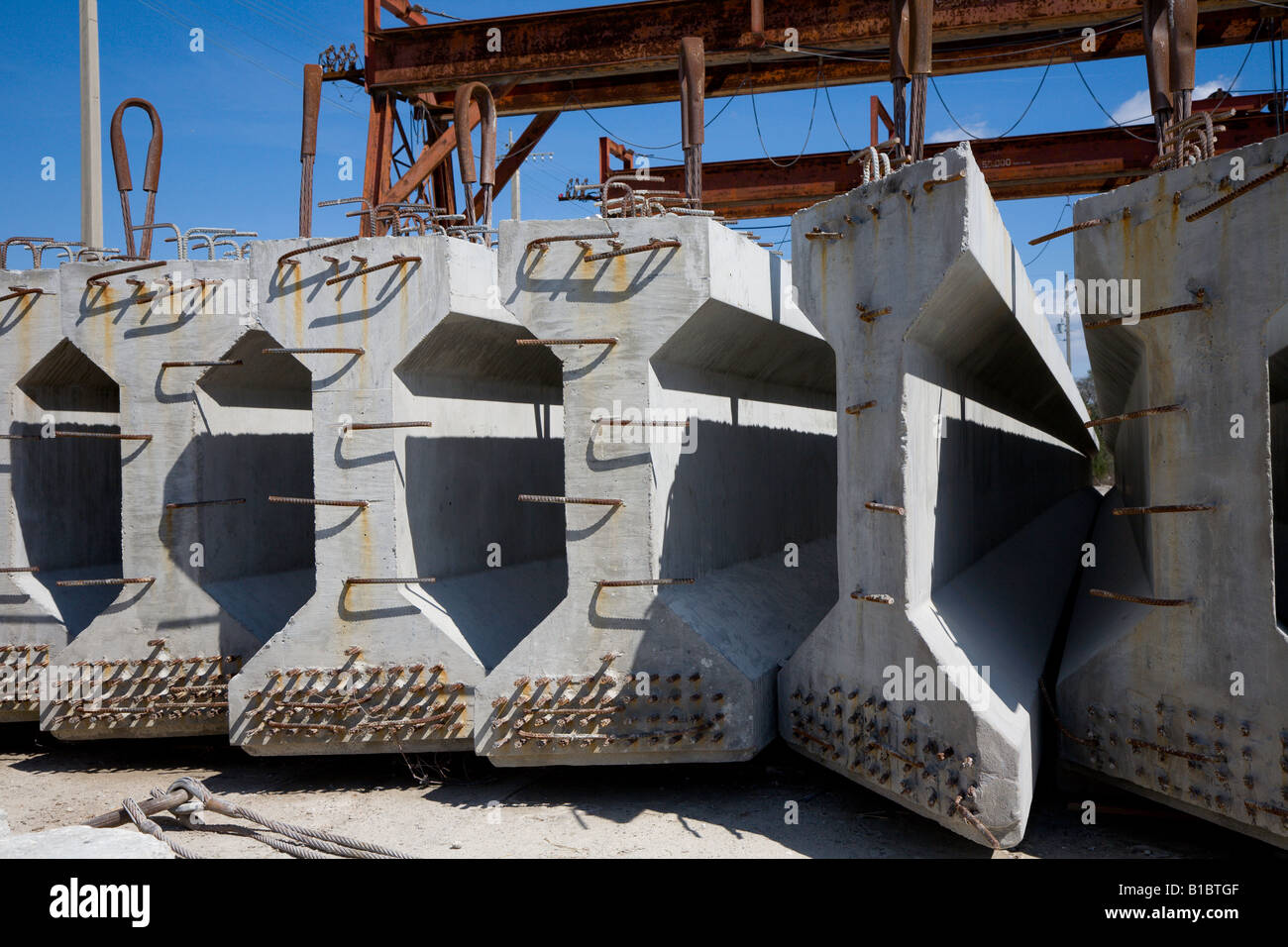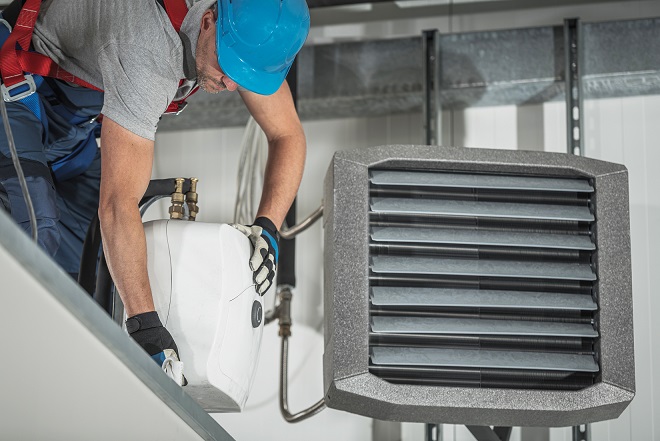
Licenses
Maine has a requirement that HVAC contractors have a business permit before they can operate in the state. There are 16 counties in Maine and 23 cities. Contractors need to be familiar with local regulations before they start a job. A permit may be required for new installations. Ask them questions about the licensing of contractors in your area.
Some states require contractors that they have both a HVAC certificate and a business license. A business license is a legal document that grants permission to engage in profit-generating activities within a given jurisdiction. HVAC certification, however, is proof that the HVAC contractor has all the required skills and is qualified to perform in the field.
Education requirements
HVAC contractors in Maine are required to obtain a license. You can obtain this license in many ways. One way is to complete an apprenticeship. Another way is to get hands-on training. The Department of Labor will help you locate training options in the area. Check local job listings for apprenticeships that suit your skill set.

HVAC contractors in Maine must complete a certification exam and pass a field examination. To be eligible for this license, the candidate must pass the Maine Building Performance Institute examination. Multiple-choice questions will be asked. Passing score must be at least seventy percent.
Certifications
If you want to be a professional in the HVAC industry in Maine, you should consider obtaining the right certifications. These certifications can help you show potential employers and clients that your expertise is well-known. There are many types of certifications, including NATE and ASHRAE certifications. For added marketability, you may also choose to add professional certifications. Maine's state will help you find the right certifications for you.
There are many types HVAC certifications. Some of these certifications are state-specific and others are federally issued. It is important that HVAC contractors are certified by either a state or national organization.
Reliability
It is important to choose a company that can install or repair your cooling and heating systems. If you are not sure about a company's reputation, look for one that is well known for its high quality service. Maine contractors are reliable and will happily answer your questions and provide you with a quote.

Prices
HVAC contractors are required to provide heating and cooling services in many Maine homes and businesses. HVAC is a highly technical trade that requires specialized certification and training. The cost to obtain an HVAC license varies depending on which route is taken. Northeast Technical Institute, for example, costs approximately $20,000 to train and requires continued education every 2 years.
It is possible to transfer your license from another state without additional testing if you already hold it. Consider the average HVAC contractor salary and licensing requirements if moving to Maine. You should also consider the cost of recertifying your license in the new jurisdiction.
FAQ
What is the maximum amount of money that I can invest in the project?
No. No. However, you may be able to negotiate a lower price with the contractor.
What happens when one party refuses to take their side in a deal?
Failure to fulfill your obligations under the agreement can lead to the law allowing the other party to declare your promise null and sue you for damages. Damages include the amount owed in addition to interest, court costs, and legal expenses.
Where can I find out more about building permits
Check with your local government authority (for example, NSW Local Government Association) or contact your local real estate agent. They will be able to tell you what steps you should take to obtain building permits.
When do I have to pay for the service/contractor?
The service you are receiving will dictate the payment schedule. If you hire a contractor for a roof installation, payments would be made as soon as the work is completed. In contrast, if you buy a product from a supplier, such as a kitchen range cooker, you might only pay after receiving and testing the item.
Statistics
- (1) Ascertain the extent to that offers are based on the payment of overtime and shift premiums; and (2) Negotiate contract prices or estimated costs without these premiums or obtain the requirement from other sources. (acquisition.gov)
- While we offer all our high-quality services at competitive prices, we know that many who need our services are on fixed incomes, so we offer a 10 percent discount for seniors and military members. (homeservicecontractorsinc.com)
- Don't take their anger personally, they are mad about the situation 99% of the time. (activatemylicense.com)
- (1) Except as provided in paragraphs (a)(4) and (a)(8) of this section, if the estimated amount of the contract or subcontract is $10 million or more, the contracting officer shall request clearance from the appropriate OFCCP regional office before- (acquisition.gov)
- Reasonable late fees go up to 25% per year on unpaid sums. (lawdepot.com)
External Links
How To
What should a Service Agreement include?
An SA is a key component of any business relationship. It outlines what you expect from each other and how you will achieve this. It also outlines when and where the other party must fulfill its contractual obligations.
Here are the essential elements to a successful SA
-
The scope of both the work and the services required.
-
Details of payment terms including start date and end date for delivery of goods/services.
-
An agreed price for your project.
-
Additional charges such as VAT and other fees may apply.
-
Whether there is anything else that needs to be discussed.
-
Who will take care of the job if it goes wrong?
-
How disputes can be resolved
-
What happens when one party breaks the contract?
-
What happens if there is a dispute
-
When does the contract go into effect?
-
What happens if one of the parties fails to perform.
-
How long can you wait to pay invoices
-
Who pays for things like travel expenses.
-
Where the money came from.
-
What happens if the client changes his mind about the project?
-
What happens if the supplier doesn't turn up.
-
Who is allowed to access the site during construction
-
What happens if the customer cancels the project.
-
What happens if the product malfunctions?
-
What happens if the supplier refuses to sell parts?
-
What happens if your equipment breaks down?
-
What happens if the project takes more time than anticipated?
-
What happens when the work is not completed within the specified timeframe?
-
What happens when the project's quality falls below what you expected?
-
What happens if costs exceed expectations?
-
What happens if you don't receive your materials on time?
-
What happens if your material arrives damaged?
-
What happens if the products are not up to standard.
-
What happens if the job is canceled before completion.
-
What happens if the company goes bankrupt?